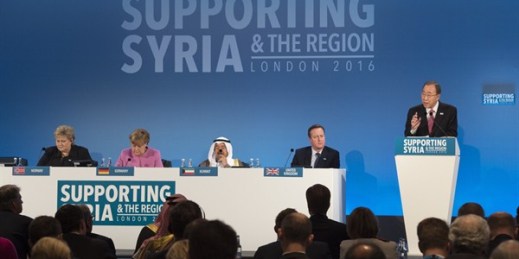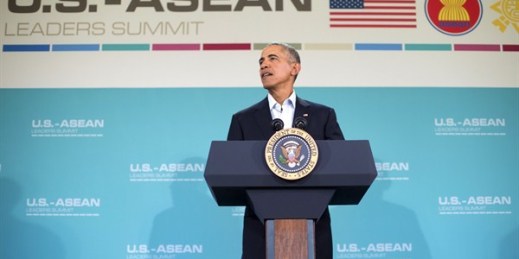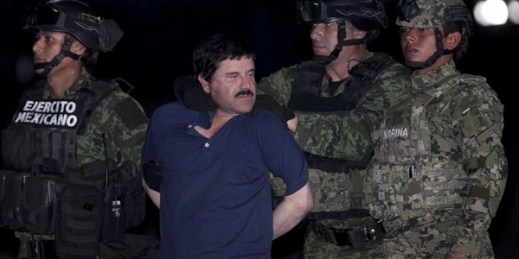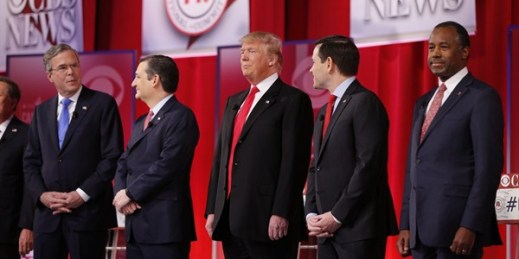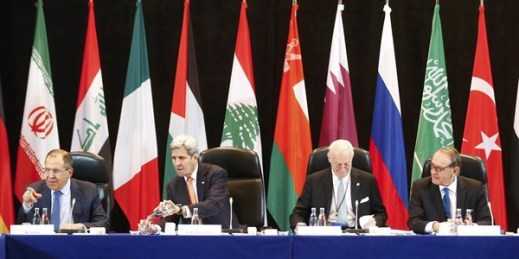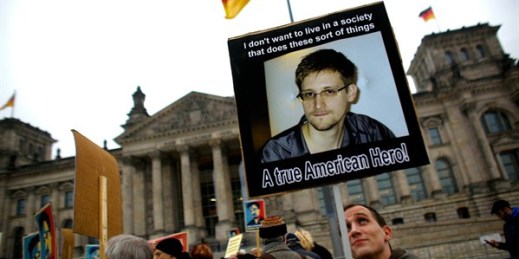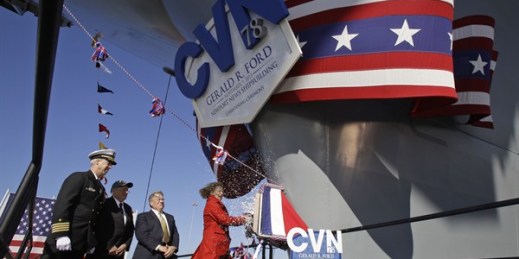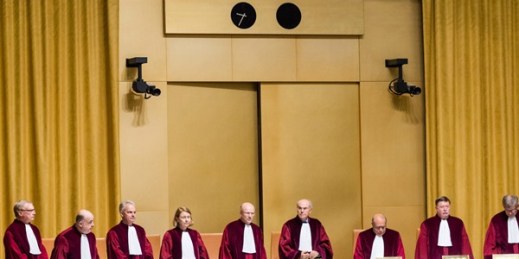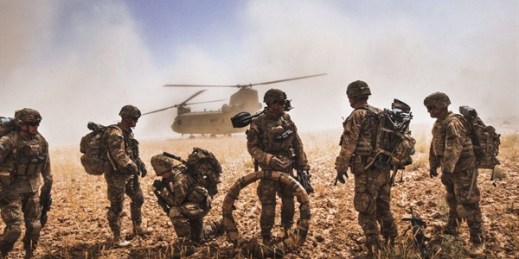
Many nations have the luxury of a tightly focused security strategy. They face a single threat or a small number of them. This determines what type of equipment, personnel, concepts and technology, as well as how many troops, they need. But great powers are different. Far-ranging commitments force them to prepare for diverse threats and missions. The stakes are great: Preparing for the wrong type of war can be as dangerous as not preparing at all. During the Cold War, the bipolar global security system meant that the United States also had the luxury of a focused, if expansive, strategy. […]

